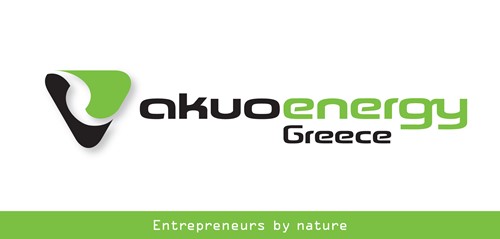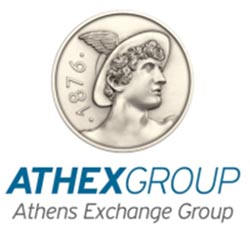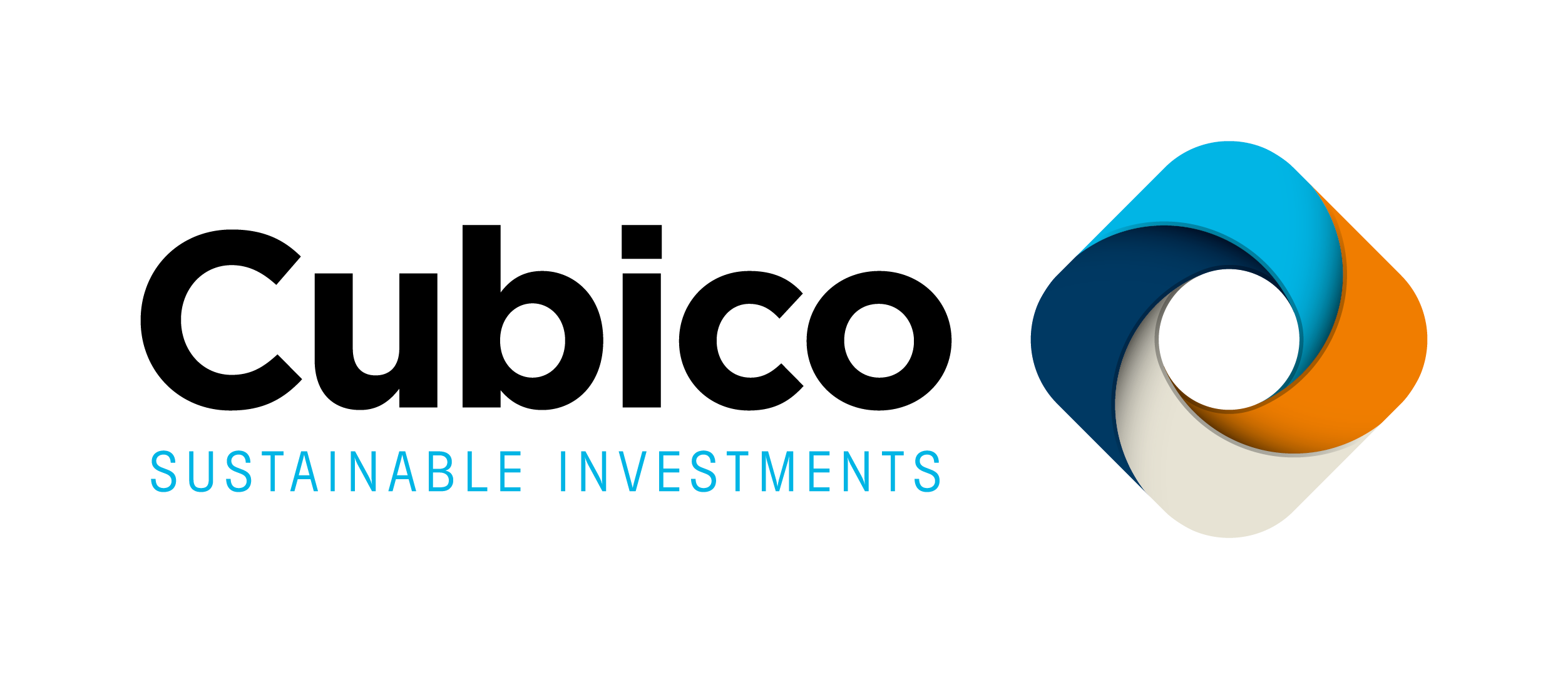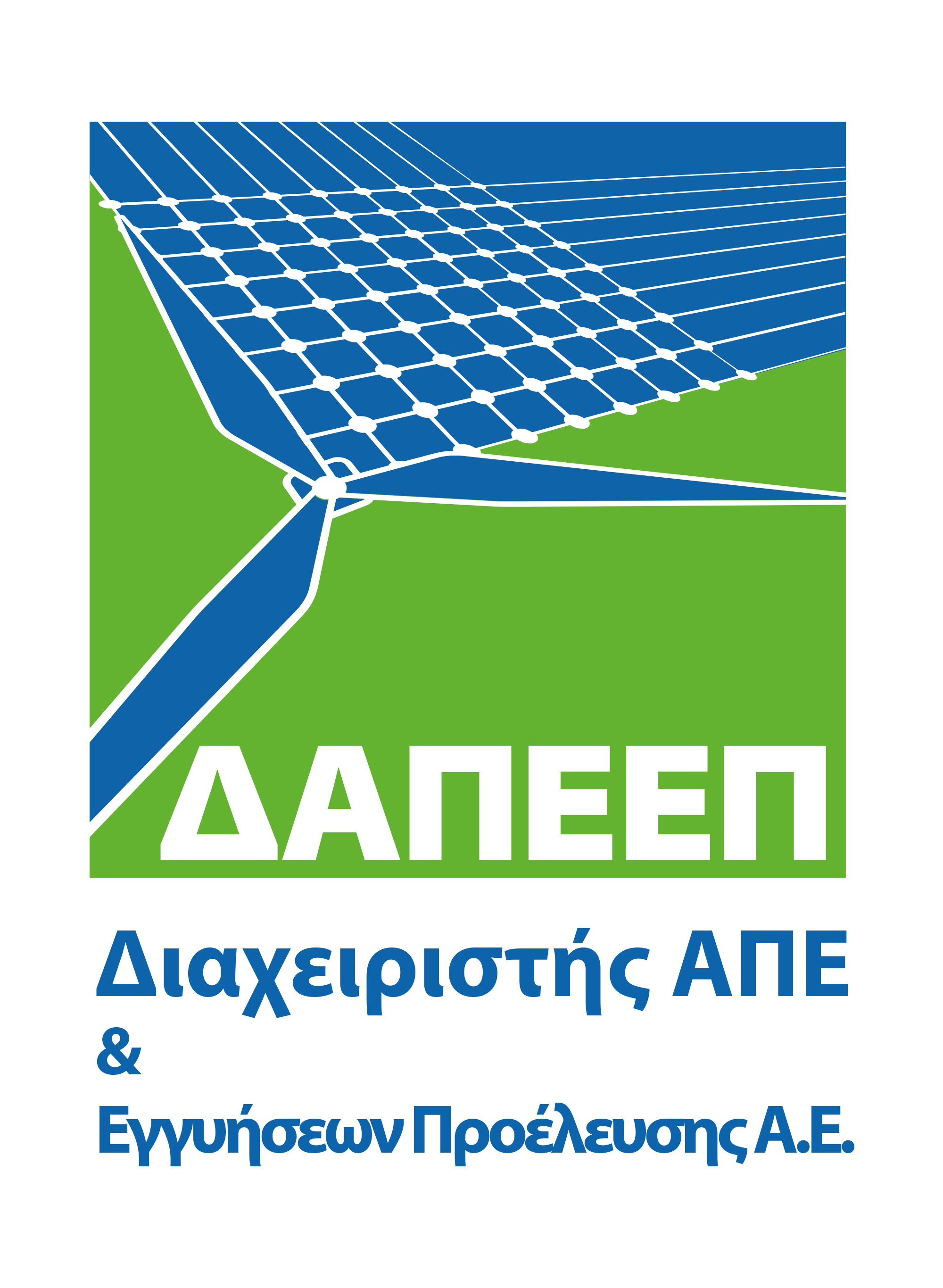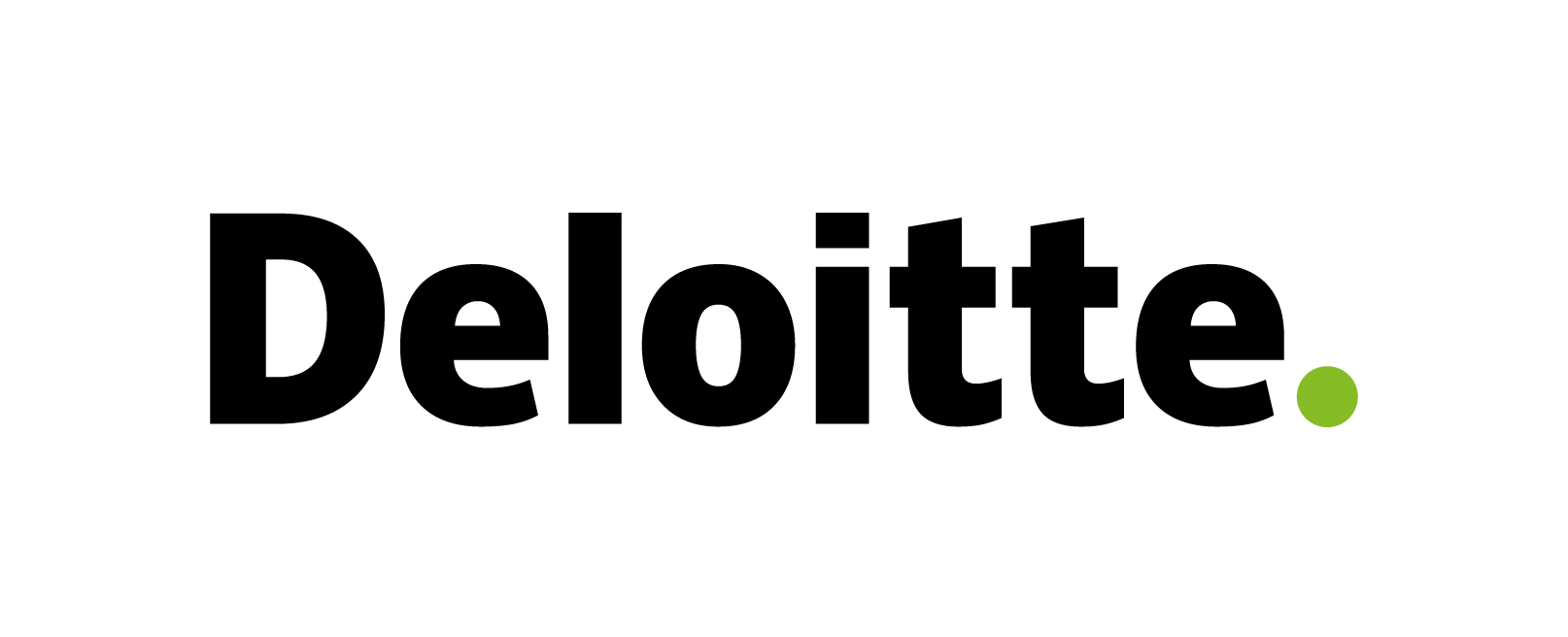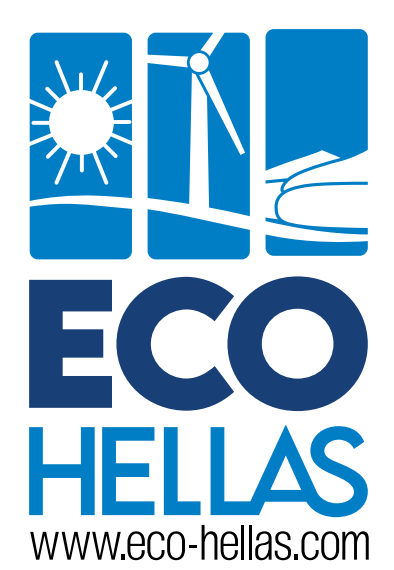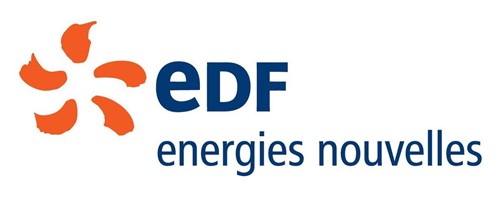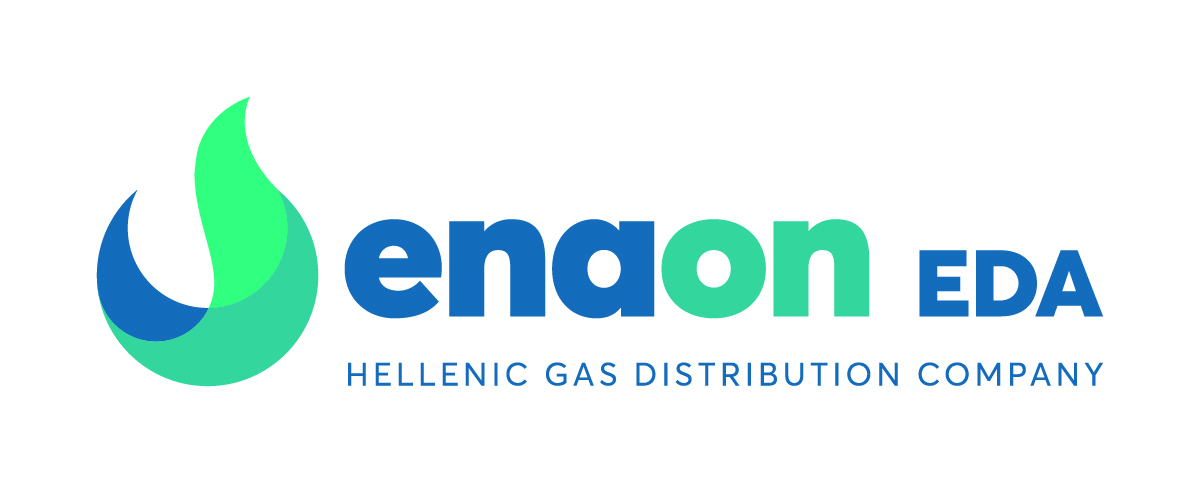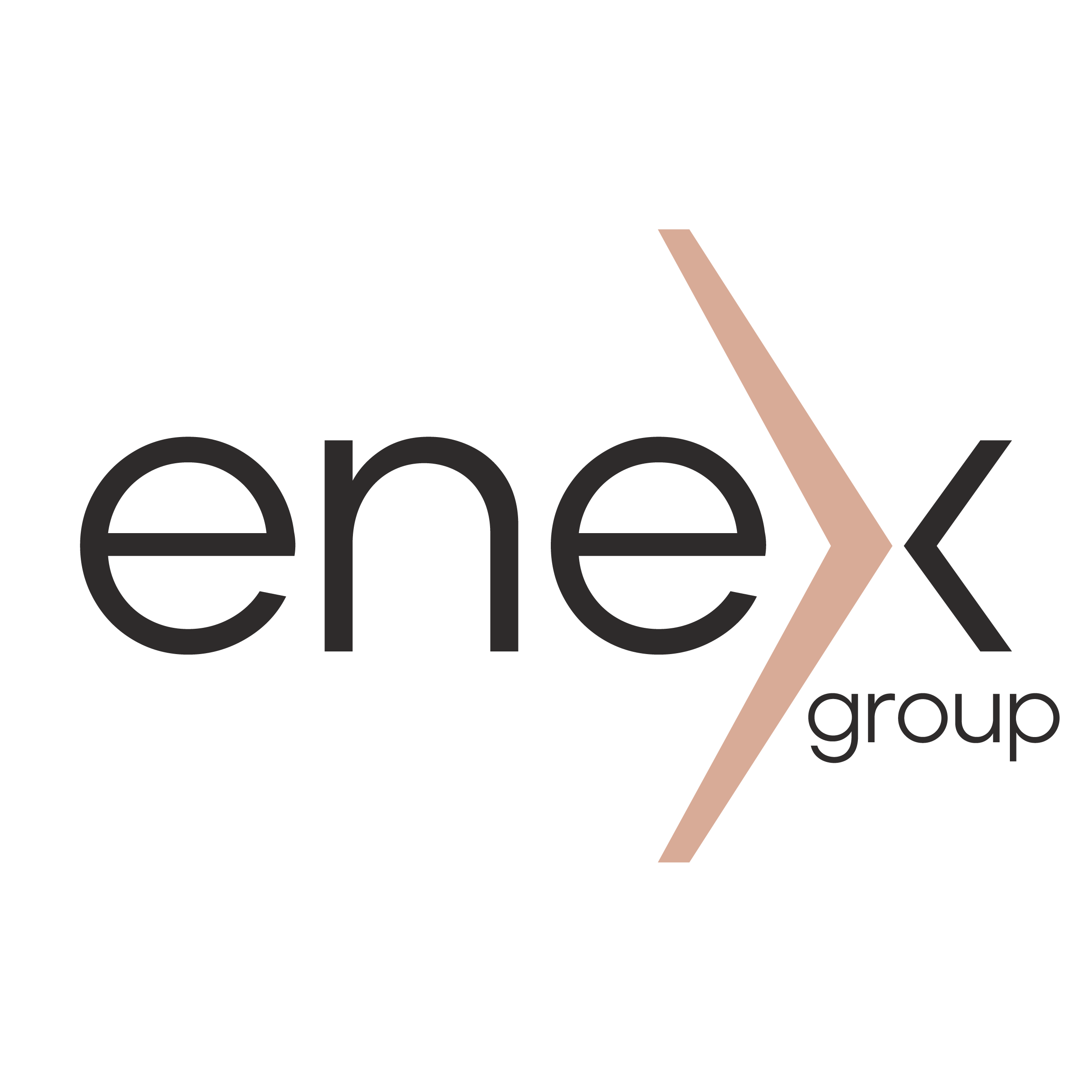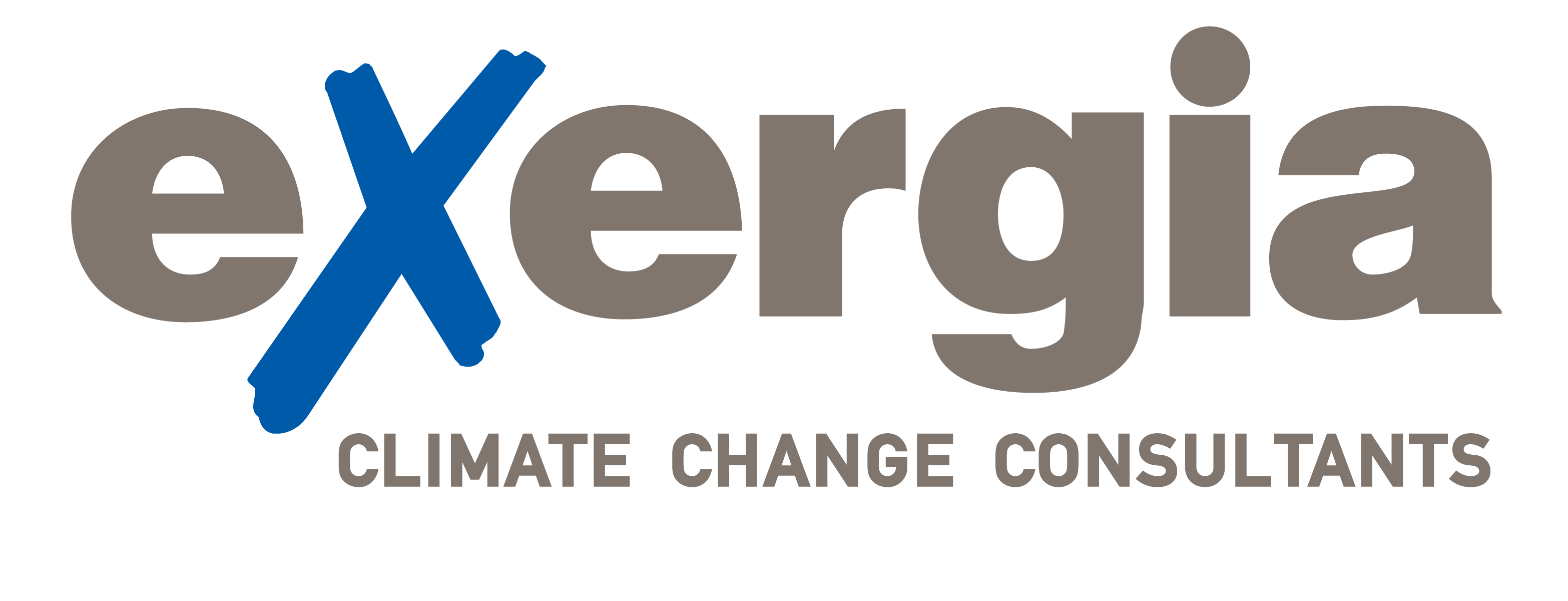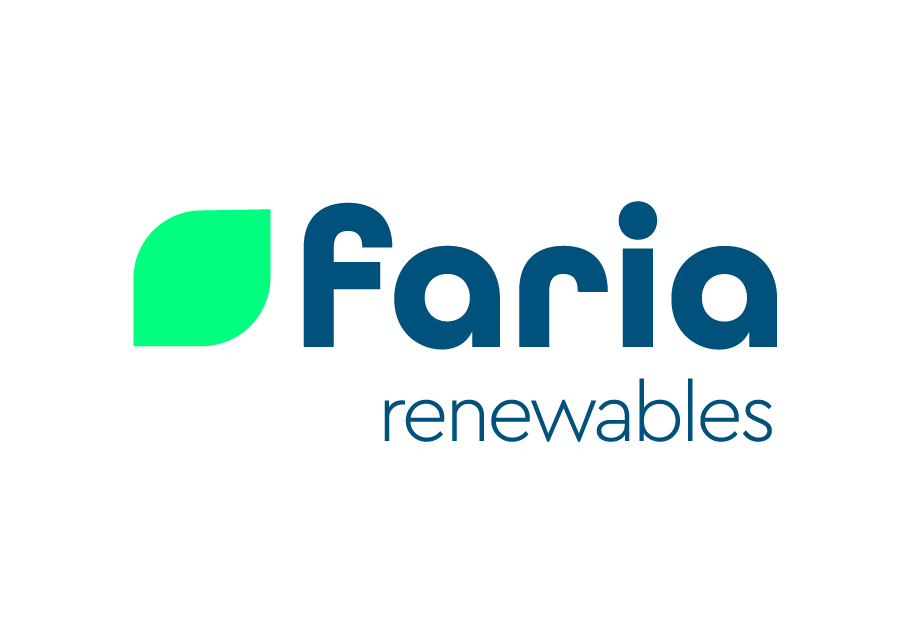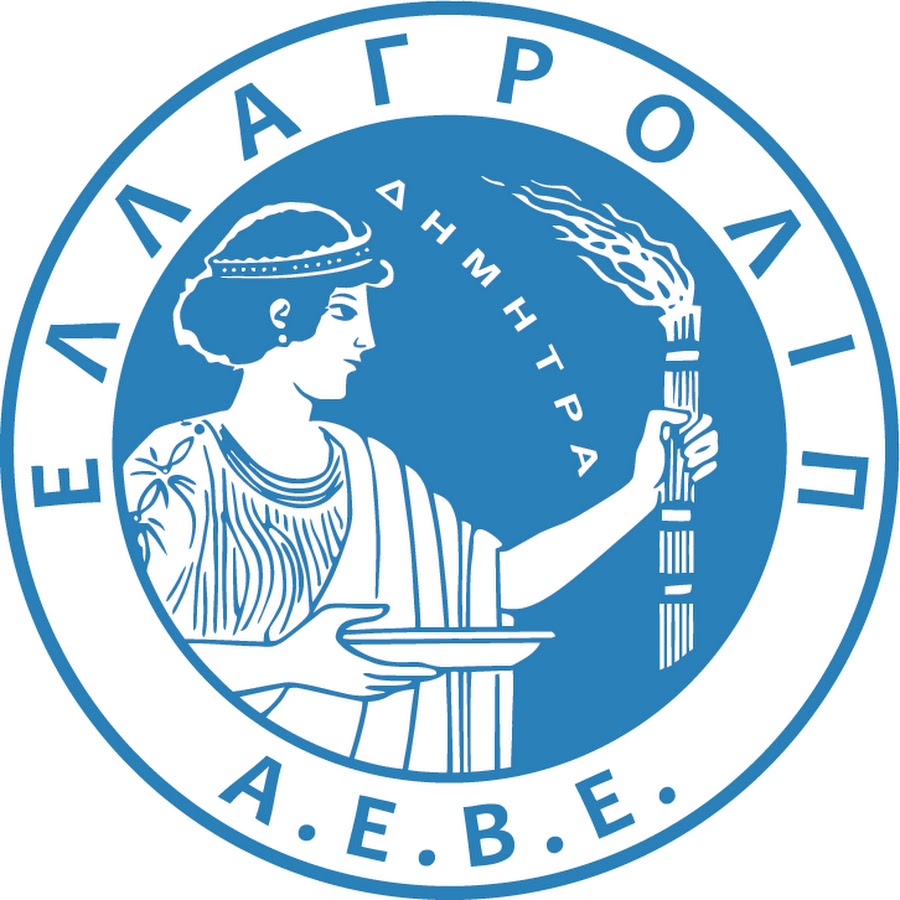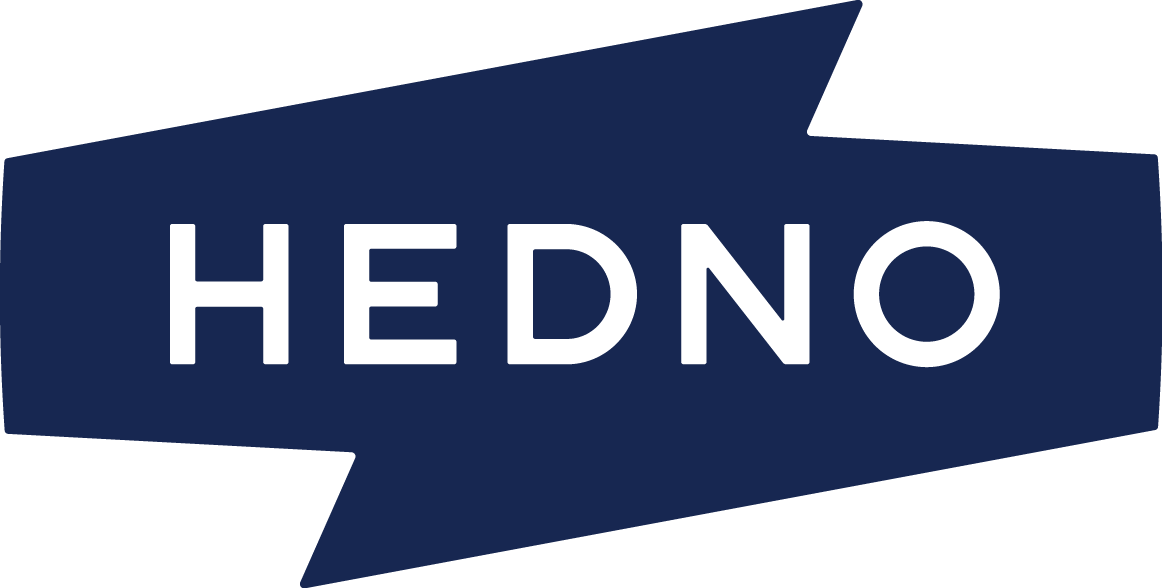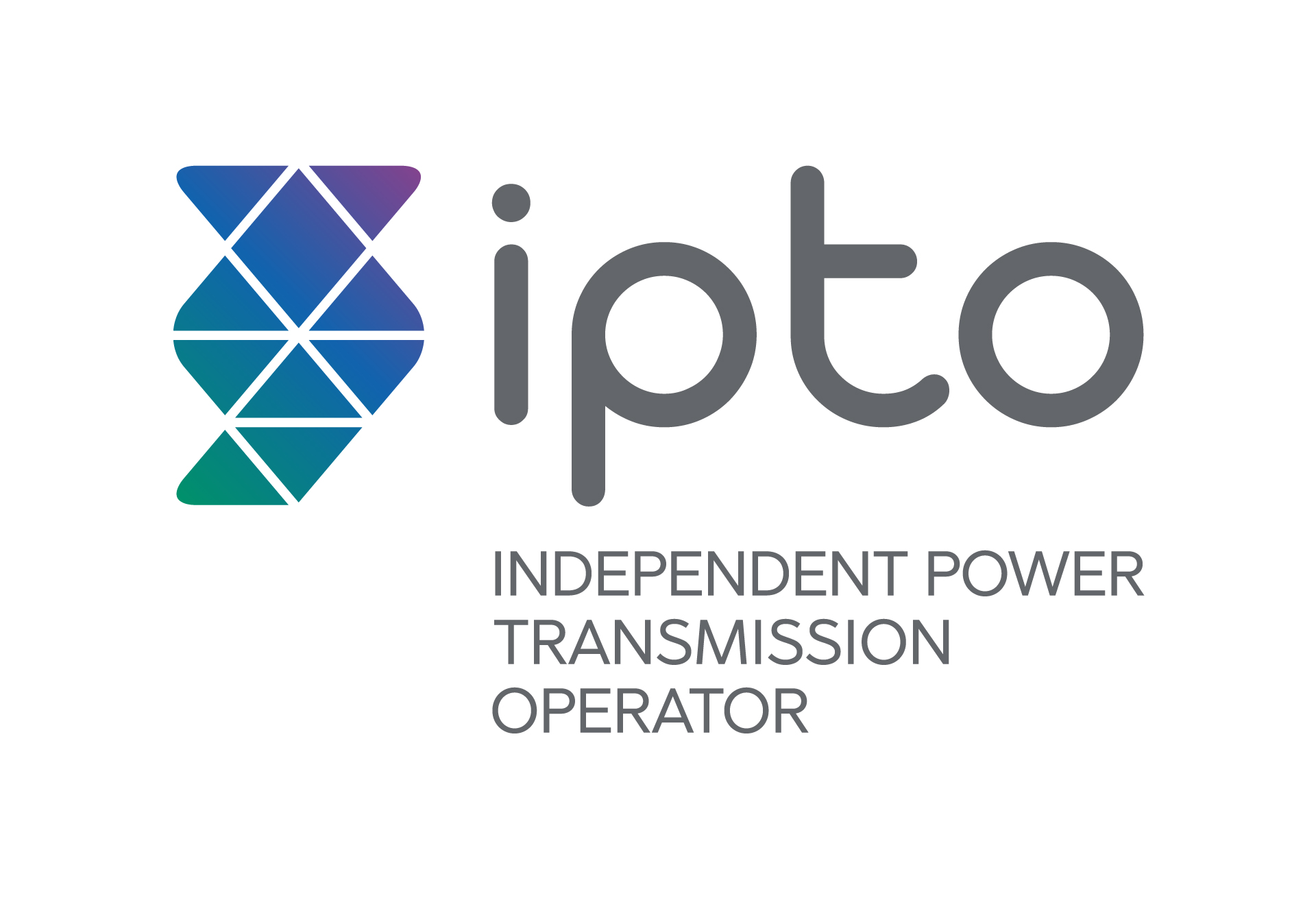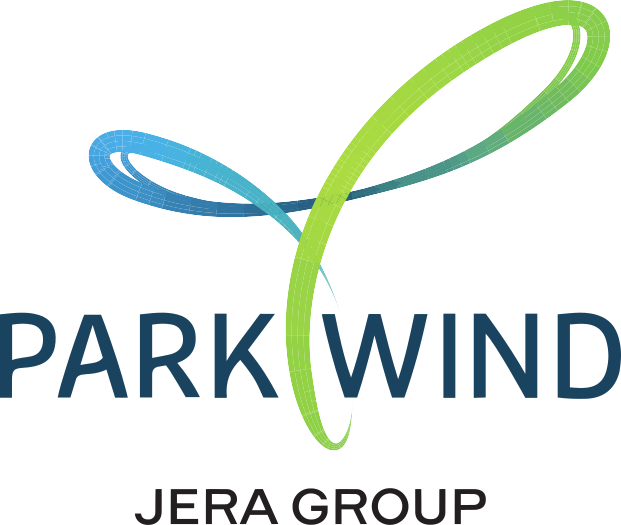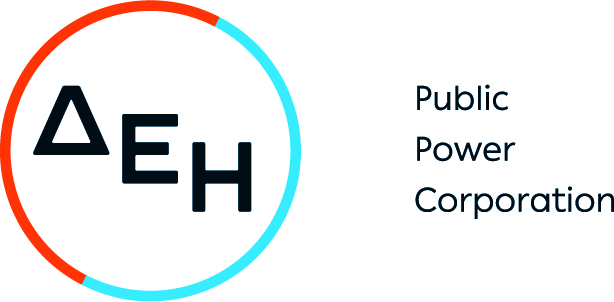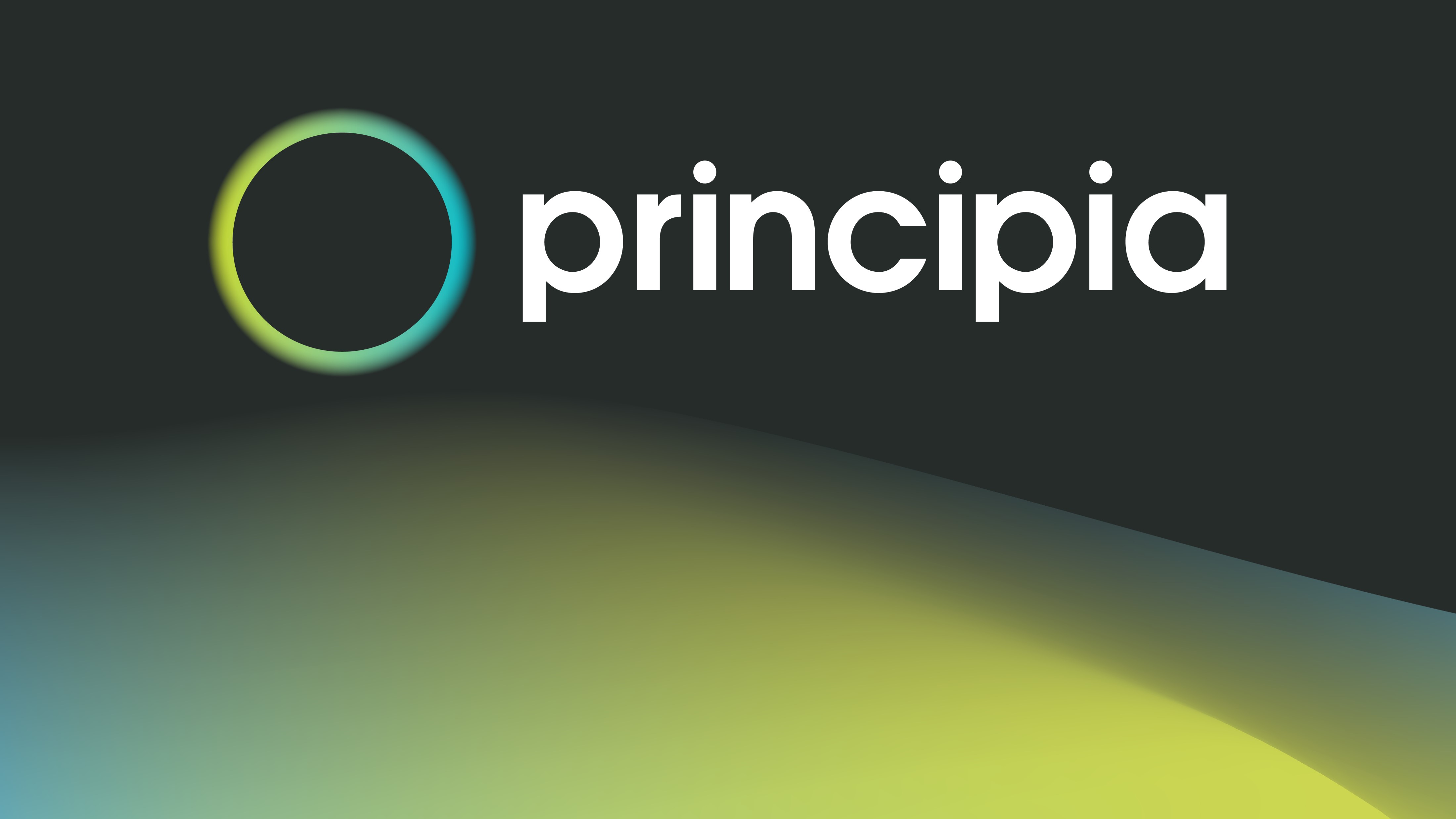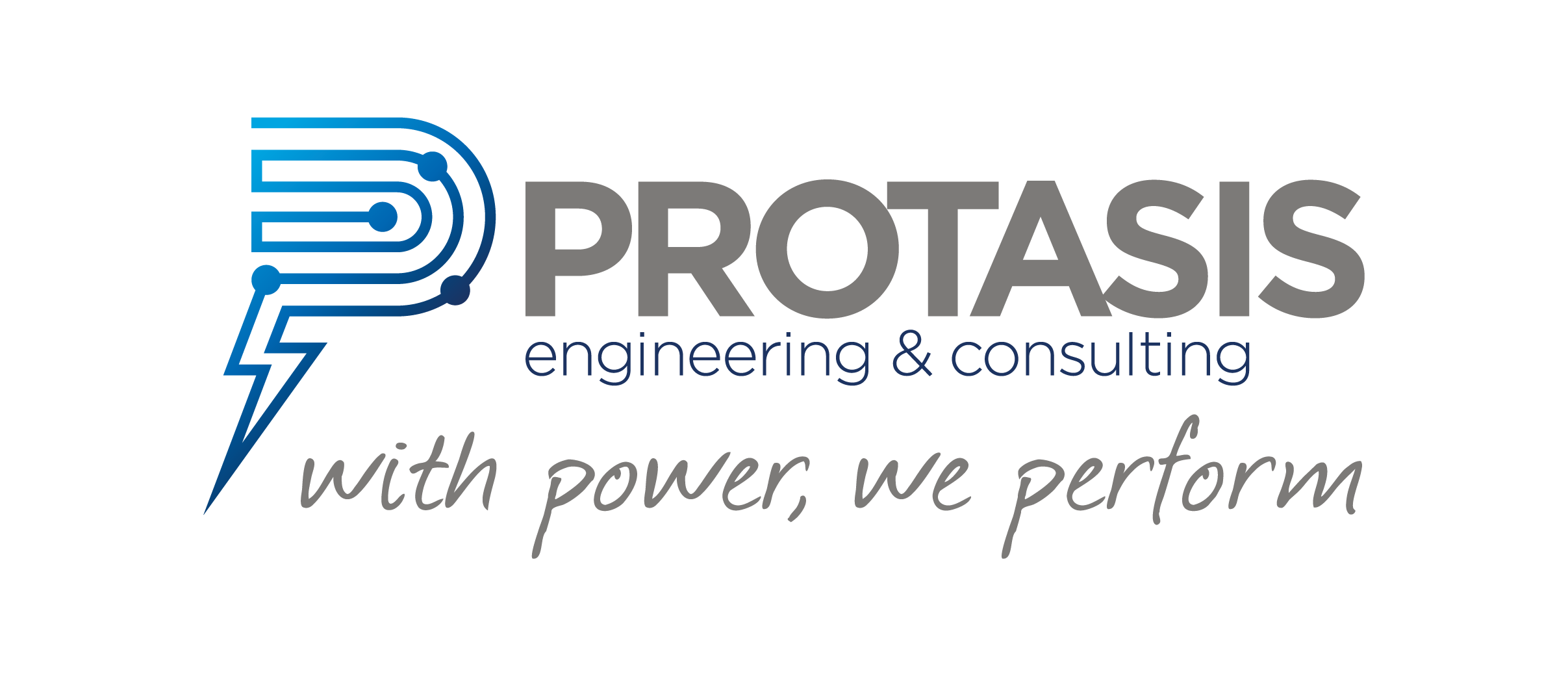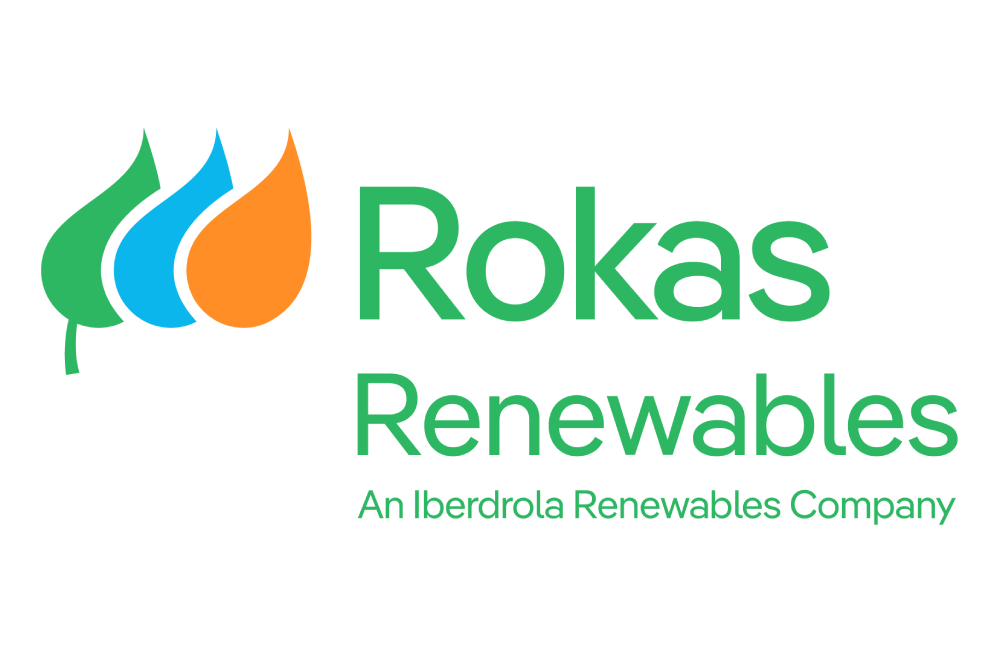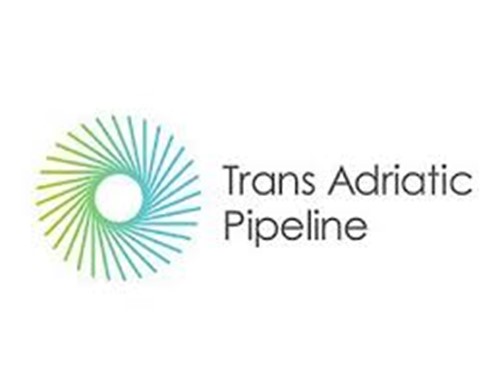Is Algeria doomed to become the next Syria? The question is not so inappropriate as it seems. Basically, it is the last secular regime in the MENA region being unaffected by the catastrophic consequences of the Arab Spring, which started unfolding in 2011. There is the combination of some crucial elements.
Second, low oil and gas prices have undermined the economy and the possibility for the regime to buy social stability.
Third, Islamist’s expansion close to Algerian borders and, the potential infiltration in the future are challenging the security pillars.
A poor record of Western democracies attempting to handle the MENA problems according to their playbooks may be added. Such intrusive tactics contributed to exacerbating local ills. These factors mix into an explosive cocktail. The “fallout” in Algeria with its 40 million habitants, half of them under 19 years of age, could generate a new wave of migrants, another formidable exodus with destitute people fleeing to Europe, mainly to France. The Syrian model could be cloned: attacks on a failing regime from inside and outside, consolidation of local and foreign jihadists, Western insistence on democratic reforms amid chaos, social and economic crisis, all of it could provoke a civil war and utmost destabilization.
Under this scenario, different regional and extra-regional actors would see secular Algeria, just like secular Syria, as a trophy.
The Algerian establishment is perfectly aware of the dangerous evolution that is taking place and, naturally, tries to avoid the worst scenarios and to preserve its grip on power. For the moment, stability depends directly on the state of health of the Head of the State.
Reelected on 2014 for the 4th Presidential term, he’s not been seen in public for a long time. There are unconfirmed rumors that Mr. Bouteflika, 79, has lost the capacity to speak and is communicating in a written form, while some sources claim he’s no more alive. This kind of speculations is frequent in opaque regimes. Occasional visitors affirm that president’s intellectual capacities are intact. However, he’s no more staying at the white colored presidential palace, el-Mouradia, on the capital’s highs, but is performing his duties of ruling the nation from a wheelchair in his medicalized residence Zeralda, near the sea.
His last political move was a constitutional reform, almost unanimously approved by the Parliament on 7 February 2016. Promised in 2011, during the Arab Spring start, the reform has been forgotten for many years.
The main clauses of the revised Constitution include: the reelection to the post of President is allowed only twice (two terms in office); the Tamazight (Berber) language is recognized in all public institutions, including schools and universities; men and women have equal job rights; the Prime Minister is appointed by the President after consultations with the Parliament; the opposition receives the right to formulate an agenda for discussion in the Parliament, once a month.
The Algerian opposition was predictably unsatisfied, especially with the article 51. It stipulates that only Algerian citizens may access to top political positions, barring many bi-nationals, from the Algerian diaspora.
Anyway, the power and the opposition have different political goals; the establishment is trying to avoid a collapse and to handle the looming transitional period.
Some days before the constitutional reform the powerful security service, DRS, a kind of a state within the state, was split into three different structures. However, political police will remain the basis of the preservation of the regime since there is an apparent lack of a properly structured political life. It will be even more evident in the present economic situation with falling oil and gas revenues, which are undermining social welfare.
In 2011, Mr. Bouteflika managed to buy social peace and stability by preventing the spillover from Arab Spring. The present diminished revenues do not allow buying loyalty of the populace.
The meltdown of oil prices has hard hit Algeria. Hydrocarbons represent 30% of the country’s GDP, 98% of its export and almost 70% of revenues. In 2013 the budget had no deficit; in 2015 the deficit reached 13.7% of the GDP. The Government is taking financial resources from the Fund for the Regulation of Receipts, where money was accumulated during the years of high oil prices. It boasted of $50 billion in 2013, with only $27 billion left at the end of 2015. With the present rate of expenditures, the Fund will be empty in 2-2.5 years. To balance current expenses the oil prices should be no less than $93/barrel.
The local currency, the dinar, has been depreciated. A year ago the exchange rate was 104 dinars for 1 euro, now the official change is 117 dinars for 1 euro, with the black market charging up to 180 dinars. The official inflation is reported to be 4%, although the real figure must be at least double of it. It is reflected in the everyday life. Algeria does not produce almost anything, all the consumer goods, and even agricultural products, are imported: local industry (except oil and gas sector) contributes only 4% to the GDP. The Government has no option but to increase the regulated prices and cut subsidies due to budget revenues going down by 40.4%.
There are few possibilities to change the present situation. The economy has caught the ”Dutch disease” when high hydrocarbon revenues push to import all the basic commodities. In a changed pricing context, this model reveals its fundamental weakness. Besides, national regulation does not favor investments, including the influx of foreign capital. The state-run oil and gas company, Sonatrach, is left alone in charge of developing new fields and setting up new hydrocarbon facilities. In 2014, it was the last time when tenders for the development of 31 new fields were held. Only fourattracted investors.
The shaky economy creates a potentially explosive situation, exacerbated by the Islamists’ menace. All the previously “humiliated” seek revenge. Economic and financial oligarchs, with the President’s younger brother, Saïd Bouteflika, considered to be their herald, will not retreat into oblivion. The Kabilya region might be tempted to proclaim independence. The South of the country is also under the influence of local separatists, most notably the Touareg tribe. In the Mzad region there is an ongoing conflict.
In case of an explosion of violence in Algeria, there will be repercussions in Tunisia and Morocco. Foreign fighters from the Islamic State, or Daesh, and al-Qaida, are waiting for this to happen. Algerian Islamists are no less eager to seize power. So far, they have struck a compromise with the regime, which is interested in having a counterweight to the military; the local Islamists are getting more and more official positions, and sometimes even making it to the top of the state administration. They are offered posts in regional administration, mostly in rural zones, and they already have a big impact on social and cultural life being supported by Saudi Arabia, Turkey and other Sunnite powers. The symbol of their influence is the new enormous mosque in Alger, Djamaa el-Djazaïr, which is being built amid the emerging ruins of an economic crisis.
The Algerian Government is praying for the stabilization in North Africa, especially in Libya and Mali. However, the border with these neighbors is absolutely unsecure. Some 50,000 uniformed men are deployed to control the zone. Another 25,000 are charged with immigration control on the borders with Tunisia and Morocco. This costly operation is no guarantee from infiltration of the jihadists and does not preclude possible destabilization of the country. Should it happen, it would trigger off a new mass exodus to Europe.
The energy aspect of the Algerian problem should not be discounted. The country is an important oil and, especially, gas supplier to Europe. The unstable internal situation provokes attacks on hydrocarbon production facilities. In mid-March, Norwegian Statoil closed there a gas plant after a mortar was fired. There were no casualties or significant damage, but the incident showed that Algeria couldn’t be perceived as a reliable source of additional oil supply to the European market.
Given all the odds, the West should design and manage, if possible, a smooth transition of power in Algeria, without repeating mistakes committed in Syria.
(eiranews.com)



